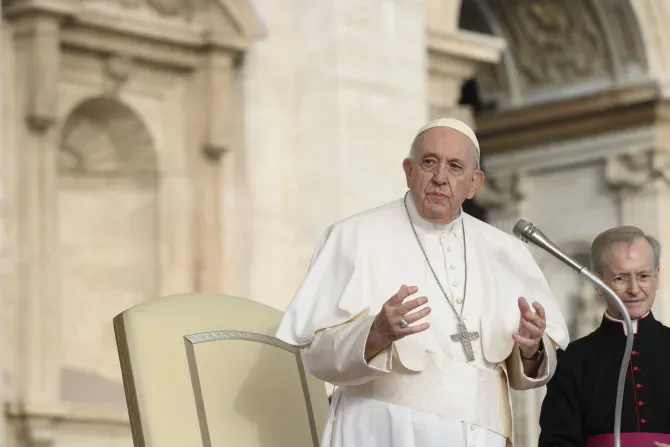Vatican, 16 December, 2022 / 7:45 pm (ACI Africa).
In a message sent to heads of state across the world, Pope Francis has asked leaders to reflect on what lessons can be learned three years after the start of the COVID-19 pandemic.
The Vatican released on Dec. 16 the pope’s 2023 World Peace Day message in which he posed a series of questions:
“What did we learn from the pandemic? What new paths should we follow to cast off the shackles of our old habits, to be better prepared, to dare new things? What signs of life and hope can we see, to help us move forward and try to make our world a better place?”
Pope Francis wrote in the message that “certainly after directly experiencing the fragility of our own lives … the greatest lesson we learned from COVID-19 was the realization that we all need one another.”
He added: “We also learned that the trust we put in progress, technology, and the effects of globalization was not only excessive but turned into an individualistic and idolatrous intoxication, compromising the very promise of justice, harmony, and peace that we so ardently sought.”








